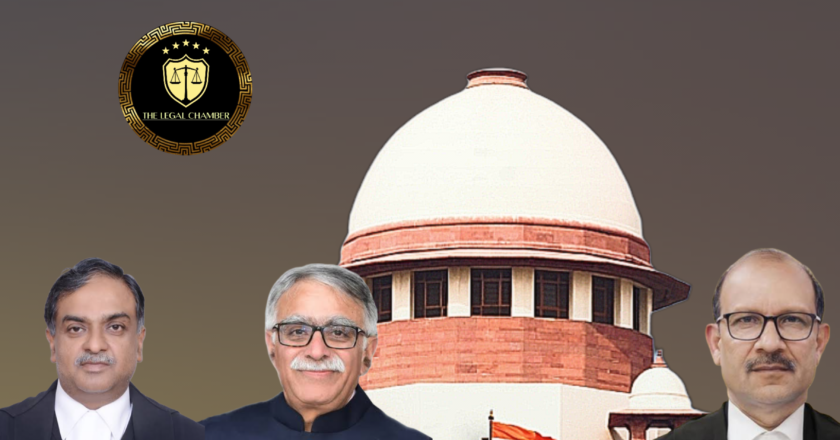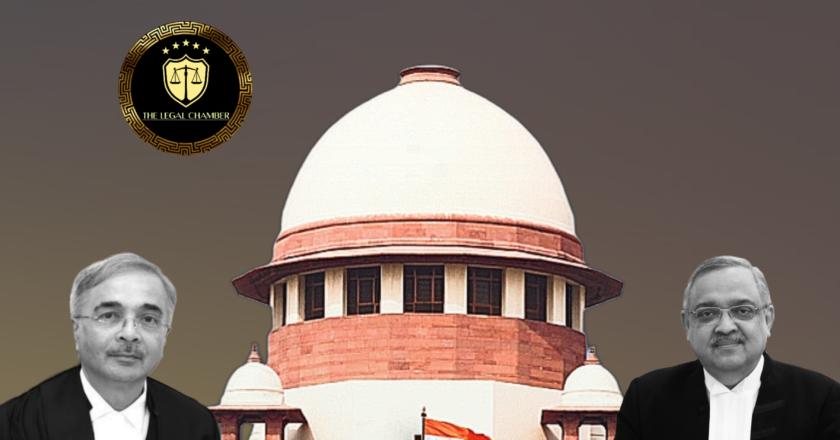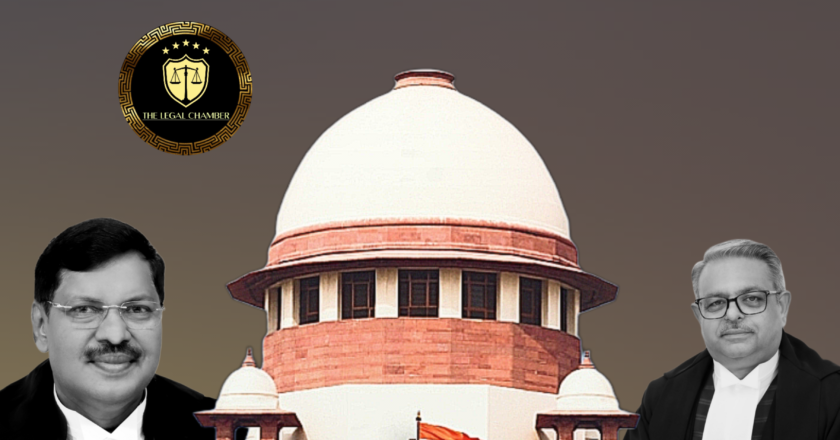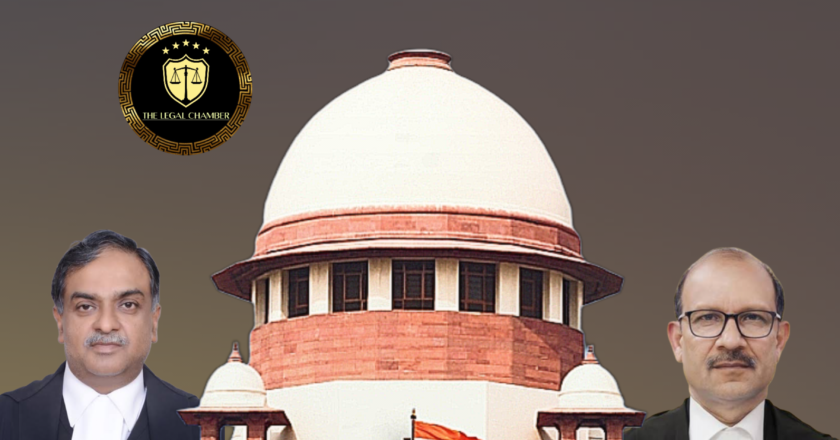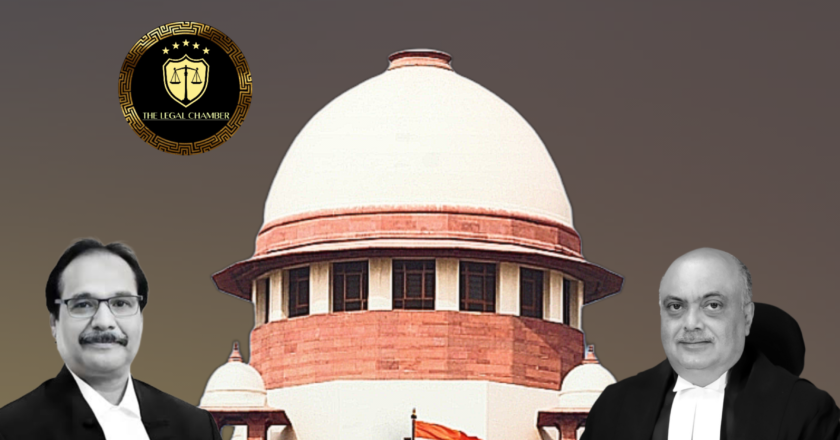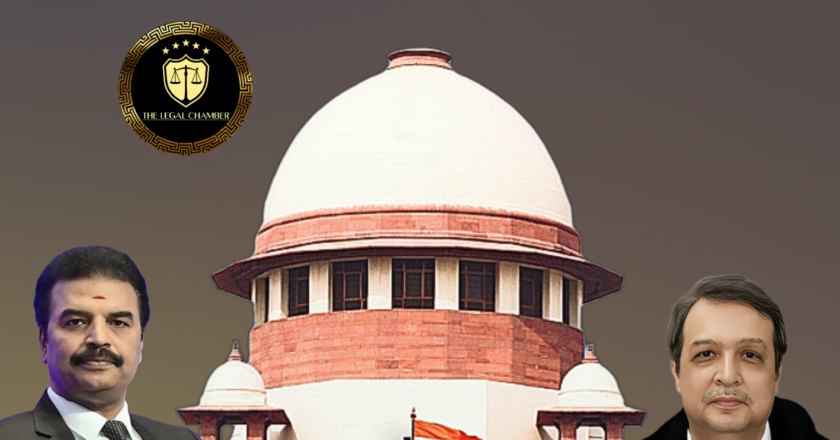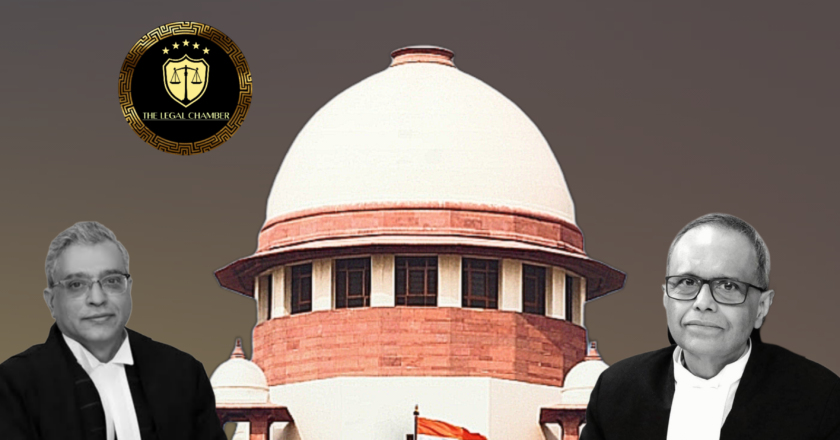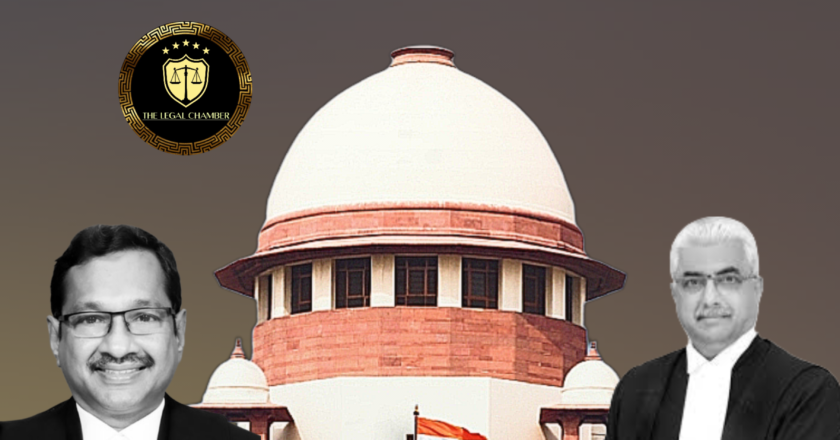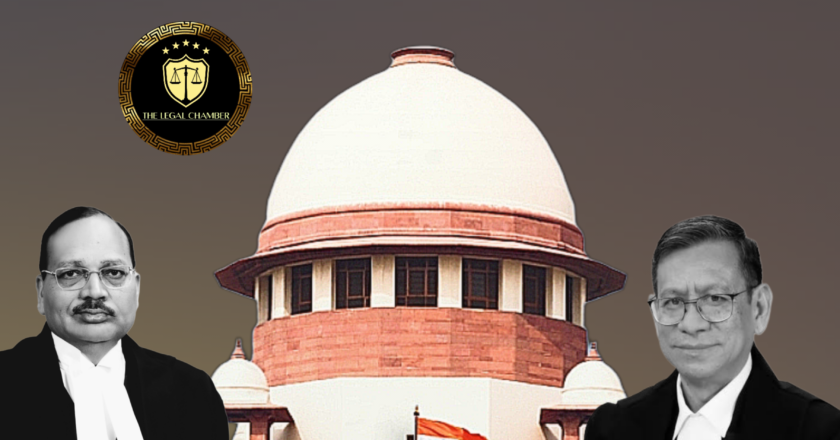Beyond Reasonable Doubt: Supreme Court Frees Men, Citing Gaps in Circumstantial Case
The Supreme Court acquitted the accused, ruling the prosecution failed to establish a complete chain of circumstantial evidence. Key scientific evidence, including DNA reports, was deemed inadmissible due to an unproven chain of custody and procedural flaws. The Court emphasized that suspicion, however strong, cannot substitute for proof beyond reasonable doubt.
Facts Of The Case:
On the evening of September 4, 2012, a 12-year-old girl left her home to answer the call of nature and did not return. Her parents initiated a search throughout the night. The next morning, her denuded body was discovered in a paddy field belonging to Harikrishna Sharma. Her personal belongings, including her slippers, water canister, and underwear, were found scattered in an adjacent field cultivated by the ac...
